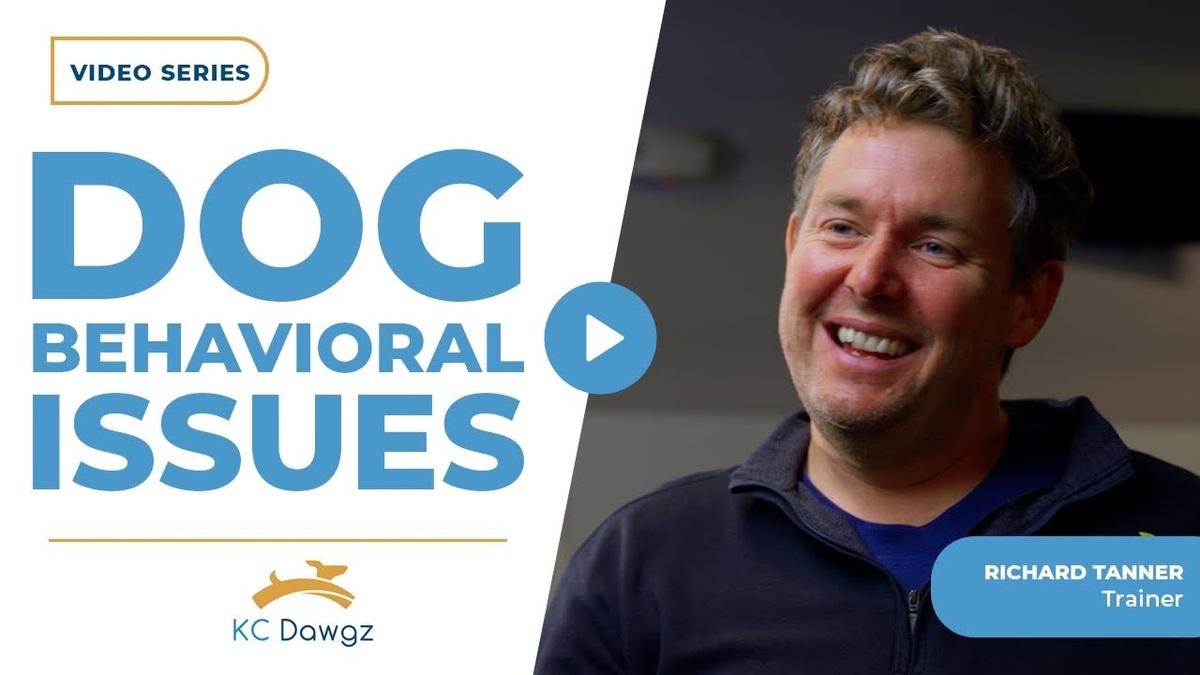Teaching a dog can be an enriching journey, though it comes with its fair share of obstacles. Among the typical challenges faced by dog owners are behavioral issues during training. Our thorough manual explores into variety of behavioral concerns and examines methods to tackle them successfully. Whether dealing with reactivity, relentless barking, or persistent chewing, this guide has all the strategies you need.
Understanding Reactivity
Reactivity is a behavioral issue that dog owners often see in their furry companions. It can stem from a variety of sources, such as fear, curiosity, or even overexcitement. Reactivity can manifest in different ways, from prolonged stares at strangers to full-blown barking and lunging episodes. Each dog is unique, requiring a tailored approach.
Power of Rewards and Consequences
To address reactivity, a crucial element is using a mixture of rewards and consequences during training. Positive reinforcement plays a significant role in guiding dogs to understand what’s expected of them in various situations. This approach provides them with clear feedback, reinforcing desired behaviors.
Tackling Excessive Barking
Excessive barking is another common behavioral issue that can test the patience of dog owners. To prevent this problem, it’s essential to explore the underlying causes of the barking. Effective training techniques are key to managing and reducing this behavior.
Identifying Triggers
Understanding the triggers for excessive barking is fundamental. Dogs may bark due to boredom, anxiety, or territorial instincts. Identifying these triggers is the first step in addressing the issue. Once you’ve pinpointed the cause, you can tailor your training accordingly.
Providing Stimulation
Dogs need both mental and physical stimulation to stay content and less prone to excessive barking. Engaging in regular exercise and offering interactive toys can help channel their energy positively.
Training and Socialization
Socialization is vital for curbing excessive barking. Properly socialized dogs tend to be more at ease in various situations. This reduces their anxiety and the likelihood of barking excessively when faced with unfamiliar people or animals.
Managing Puppy Chewing
Puppies love to explore the world with their mouths, which can lead to excessive chewing. Preventing this behavior involves managing their surroundings and offering appropriate alternatives.
Management and Prevention
From the early stages of puppyhood, it’s crucial to manage their environment. Keep valuable or dangerous items out of reach, and provide a multitude of safe chew toys to redirect their chewing tendencies. Prevention is the key to avoiding destructive chewing habits.
Positive Reinforcement
Positive reinforcement remains a constant in addressing chewing issues. Reward your pup when they chew on appropriate items, reinforcing the idea that certain behaviors lead to positive outcomes.
Conclusion
Addressing common behavioral issues during dog training requires patience, consistency, and the right techniques. By understanding the triggers behind reactivity, excessive barking, and chewing, you can implement effective training methods. Remember, preventing behavior issues is as crucial as addressing them.
For personalized guidance on tackling behavioral problems or to learn more about our training services, don’t hesitate to contact us. We’re here to help you and your furry friend embark on a successful training journey.




